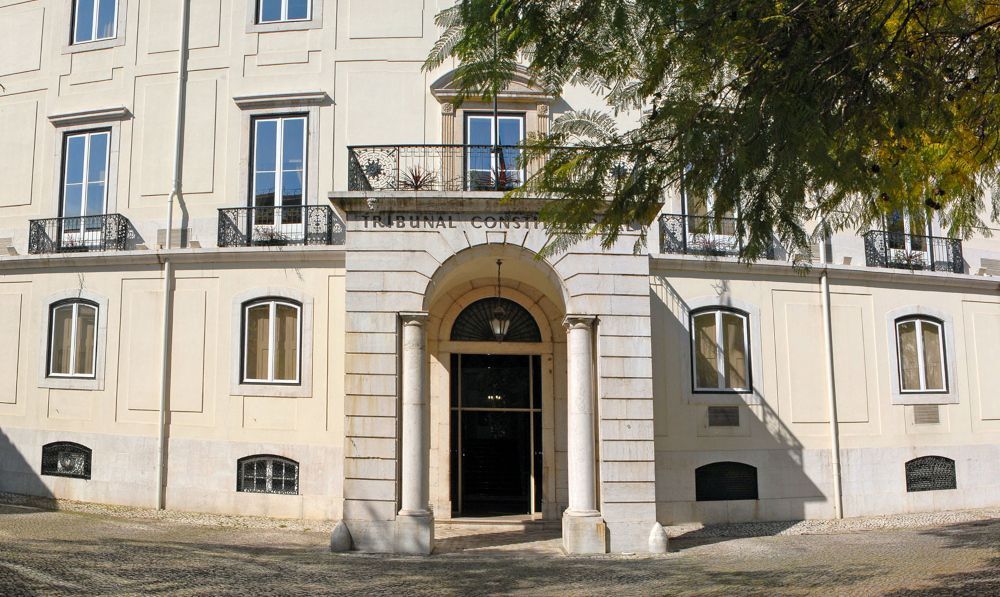Portugal is considered the friendliest country in the world
We could point out multiple reasons as to why Portugal is considered one of the best countries to live in around the World. We could talk about the rich and varied gastronomy and the extensive history. Perhaps the most appreciated social cohesion or the fantastic climate throughout the year. It could be because Portugal is in one of the top ranks in the world health statistics. However, we would be talking about everything that you already know about Portugal. So, what else has this small country situated at the most extreme west of Europe next to the Atlantic Ocean got that makes it so special? The friendliness of the local people.
We recently came across a new ranking that puts Portugal in the top five of the friendliest countries around the world. It was a survey performed by Expat Insider and it has put Portugal on top, followed by Taiwan and Mexico, in second and third places.
According to the Expat Insider Survey, Portugal “has climbed nine places to claim the title of the friendliest country towards foreign residents worldwide. The sunny country offers equally warm welcome to its expats with 36% of our respondents saying they felt at home straight away”. It was also disclosed that, “when asked if they would possibly stay in Portugal forever, almost half (47%) said yes”. Additionally, and “according to a Dutch expat, the Portuguese “look after each other”. The survey concluded that “close to four in five expats (79%) regard the Portuguese as welcoming and almost a third (29%) say that local residents make up the majority of their friendship group – a figure much higher than in the average global expat circle (19%)”.
It is well-known that one of the greatest priorities and struggles for expats around the world is trying to make friends in foreign countries. It is different in every country how closed people are to welcoming new friends, and it is one of the most common complains of expats. Of course, there are many topics to consider when conducting a survey but this one served the sole purpose to measure the friendliness of the local population's attitudes towards foreign residents, and if they are likely to stay forever.
This is the first time that Portugal has claimed the top spot as the world's friendliest country. Following runners-up Taiwan and Mexico were Cambodia, Bahrain, Costa Rica, Oman, Colombia, Vietnam, and Canada. The number of countries measured were 180 and Portugal got a score of 94%, while Canada at the bottom of the top ten got 81%. For reference, the global average was 67%.
Portuguese people are welcoming, easy-going, friendly and love to talk. They are also proud of their country and culture. English and other languages are widely spoken in Portugal; therefore, it is very easy for expats to feel at home once they arrive in Portugal.










